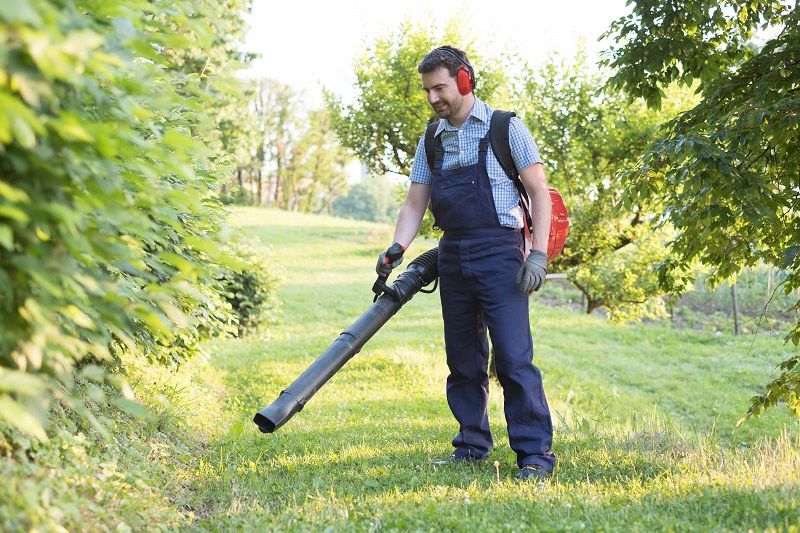A craftsman’s tools get used every workday, so we know how important it is for you to choose the right ones! And because general contractor equipment gets so much use, it is important that you are making your decision wisely. Keep in mind that the standard rule is that if you are working on a jobsite 5 days a week, you likely need to invest in your own equipment eventually. Bottom line, if you’re using certain gear over and over, and you have a place to store it and the ability to maintain it properly, it’ll likely save you money in the long run to buy it. Here are our recommendations for choosing and buying your tools and equipment for the job:
Review Your Options
Don’t forget that one option is not to buy it right away! Look at the financial impact, and what you can currently afford. If you’re tight on budget, get just the one or two essential tools you need now and start saving so you can upgrade or add to your toolbox later. You may be able to rent or borrow some gear instead of buying. Talk to your employer too! They might supply some or much of the equipment you need to use. Or they might be able to help you with a reimbursement arrangement. This goes for rental companies too – they often have lease-to-own programs that give you the ability to apply some of the rental payments towards buying equipment at the end of contract.
Consider Value to Price
It’s common to be fooled by a high price – but expensive doesn’t necessarily mean that it’s the best quality. And even if it’s great quality, it might not be exactly what you need! Make sure the tool is the best fit for the jobs you do most often, and the work that you’re best at. Will you use this outside work as well? Does this tool have multiple applications? Are those extra features really helping you? Look at everything that’s included, as well as any kind of warranty options. Depending upon how much you use the gear, a warranty may be worth the extra investment if it will save you a chunk of change later.
Do Your Research
The good news is that you have so many places to go on the internet to compare prices and review any online ratings. It’s no surprise that a recent HIRI survey showed that more than 80% of construction professionals use the internet to research products and services they need for the job. Take the time to read what users have said about the product, and not just compare how many stars they have. There’s some great customer feedback in those ratings, and you might realize that a tool with only 3 ½ stars is a much better fit for your needs than a 5-star tool. Social media accounts, ads and comments are also another great place for more insight.
Shop Around
Local tool stores and Amazon aren’t your only option. There are auction sites, resale sellers, and other craftsmen selling used equipment on Craigslist, Facebook Marketplace, or similar. Even major corporations or construction firms will sometimes buy extra equipment for a project that end up not needing it and are selling unused equipment online for significantly less that you’d be able to buy from a retailer or manufacturer directly. Also research the company or resource that you’re buying from, if possible.
Communicate to Negotiate
One of the best things you can do in a negotiation is to just share your situation with the dealers and manufacturers who are selling the equipment you need. If you’re up front and tell them what you’re frustrated with, what you really wish for in this tool or machine, they can help you find exactly what you need. And if you share what your real budget is, you might be surprised how they will give you discounts or other ways for you to be able to buy it that you wouldn’t have known about otherwise. It may also lead to a good relationship with a dealer or shop that can help you down the line too.
Measure Without Emotion
A good-ol’ fashioned checklist is always a great way to make comparisons to decide whether or not it fits all your needs, or even if you really need it. There’s also software and apps that can track and calculate all of the related costs – whether it’s new or old. Sometimes a new tool or piece of equipment is a better deal than used because of the maintenance costs. And don’t completely ignore your emotions! Because if you’re excited about it, you’re much more likely to get more use out of it.
If you’re looking for a new job or project to use your new (or used) tools with, locate your local Madden Industrial Craftsmen office here. Madden will match your experience and training to employers who are looking for talent like you.




